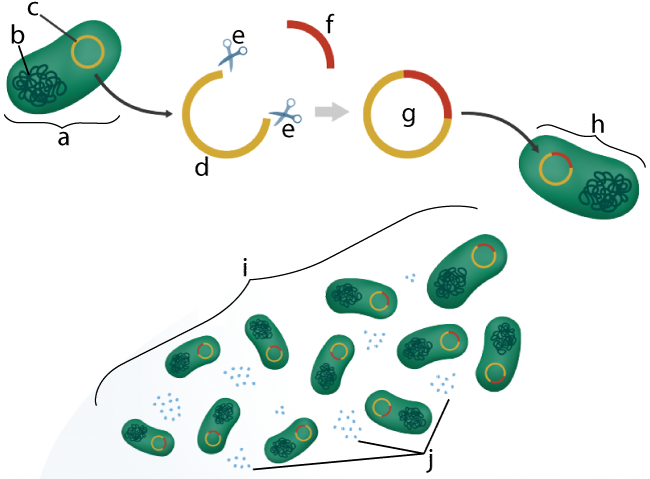
Engineering can be defined as any field where science and math principles are used to solve practical problems. There are many sub-specialties within the field. You can expect to make a decent living as an engineer, regardless of what your specialization is. There are many rewarding job opportunities and many different career paths available in this field. These are just a few examples of engineering specialties.
Mechanical engineering
A mechanical engineer should have many skills. They may also be responsible for the design and construction of motorcycles, depending on their company. The design and construction of motorcycles is complicated and depends on many elements, including the type of Engine used, the size and weight of the Tyres, as well as other factors. These vehicles will be used on the roads and some parts could fail or malfunction. This is why mechanical engineers need to be able to offer better solutions.

Electrical engineering
The skills required to succeed as an engineer in electrical engineering are diverse. An electrical engineer must be able to design circuits and protect electrical devices. This is essential for success. Every technological device uses electrical energy. It is essential for everything, from complex industrial processes to simple electronic toys for babies. This is why it is essential to master all aspects and areas of electrical engineering. These are some tips that will help you become an electrician.
Computer engineering
Computer engineers design and create computer-based systems for a variety of industries. Their job involves the design of microchips, digital boards, and hardware. Computer applications include embedded microcontrollers and desktop computers as well as client/server computing. Computer engineers also develop software, hardware, and systems for robotics. They are also responsible for developing operating systems that can be used on a wide range of devices. This field is highly sought-after by both companies and individuals.
Biomedical engineering
Biomedical engineers are engineers who study and develop new technologies to improve human health. Their work requires them to integrate scientific research with engineering principles. These engineers develop physical and digital devices for hospitals, rehabilitation centers and clinical trials. Biomedical engineers are essential for the transhumanist future. With advances in technology, humans can increase their physical prowess, cognitive aptitude, and lifespan.

Aerospace engineering
If you've ever considered a career in aerospace engineering, you may be wondering: what exactly is it? Aeronautical engineering refers to the engineering branch that deals with spacecraft vehicles. This field is concerned with the performance and design of spacecraft vehicles, both indoors and outdoors. Their work entails all aspects of a plane, from aerodynamic shapes to construction materials. In many cases, they are also responsible to repair or develop damaged products.
FAQ
Which engineer earns the most?
The answer would be software engineers because they are the ones who write code for computers. They can also choose the type of project that they wish to work on. Software engineers are able to work in any industry. However, they often choose to work for technology companies such as Google and Microsoft.
What do electricians do?
They develop power systems for people.
They are responsible in designing, building, testing and installing all types and sizes of electric equipment for residential, commercial, and government customers.
They plan and direct the installation of these systems.
An electrical engineer designs and installs electronic circuits and components that convert electricity to useful forms.
What qualifications are required to study engineering?
No. You only need to get good grades in your GCSEs. Some universities require applicants to have a certain level of academic achievement before they are allowed to enroll. Cambridge University, in particular, requires applicants attain A* to C grades in Maths and English Language.
If you don't meet these requirements, you will need to take extra courses to help you prepare for university entrance exams.
You might also need to take additional maths/science subjects and a language course. You can learn more about these options by contacting your school guidance counselors.
What does a Chemical Engineer Do?
To develop chemicals, products, technologies, or processes, chemical engineers must combine math, science and engineering.
Chemical engineers can choose to specialize in areas like petroleum refining or pharmaceuticals, food processing, agricultural, textiles and paper, mining, metalurgisty, and power generation.
They collaborate closely with scientists and researchers to solve technical problems.
Do I need a degree for engineering?
An engineering degree does not necessarily require a bachelor's. Many employers prefer applicants with degrees. If you don't have one, you can always take some classes online to get your degree.
Statistics
- 2021 median salary:$95,300 Typical required education: Bachelor's degree in mechanical engineering Job growth outlook through 2030: 7% Mechanical engineers design, build and develop mechanical and thermal sensing devices, such as engines, tools, and machines. (snhu.edu)
- Typically required education: Bachelor's degree in aeronautical engineering Job growth outlook through 2030: 8% Aerospace engineers specialize in designing spacecraft, aircraft, satellites, and missiles. (snhu.edu)
External Links
How To
How to Use the Engineering Technology Pen
A good engineering technical pen should have:
-
An ergonomic grip
-
A comfortable writing surface (a rubberized grasp would be the best)
-
It's easy to access ink cartridges
-
Plenty of space to erase mistakes
-
High quality nibs
-
Ergonomics for long periods of use
-
The ink cartridge level is clearly visible
-
A low-weight diet
-
Good price/value ratio
You will need to know how to properly use these tools.